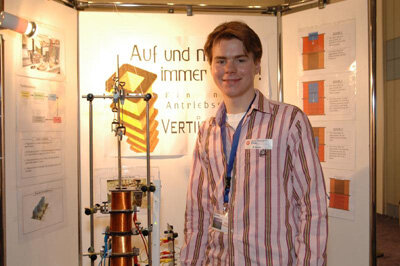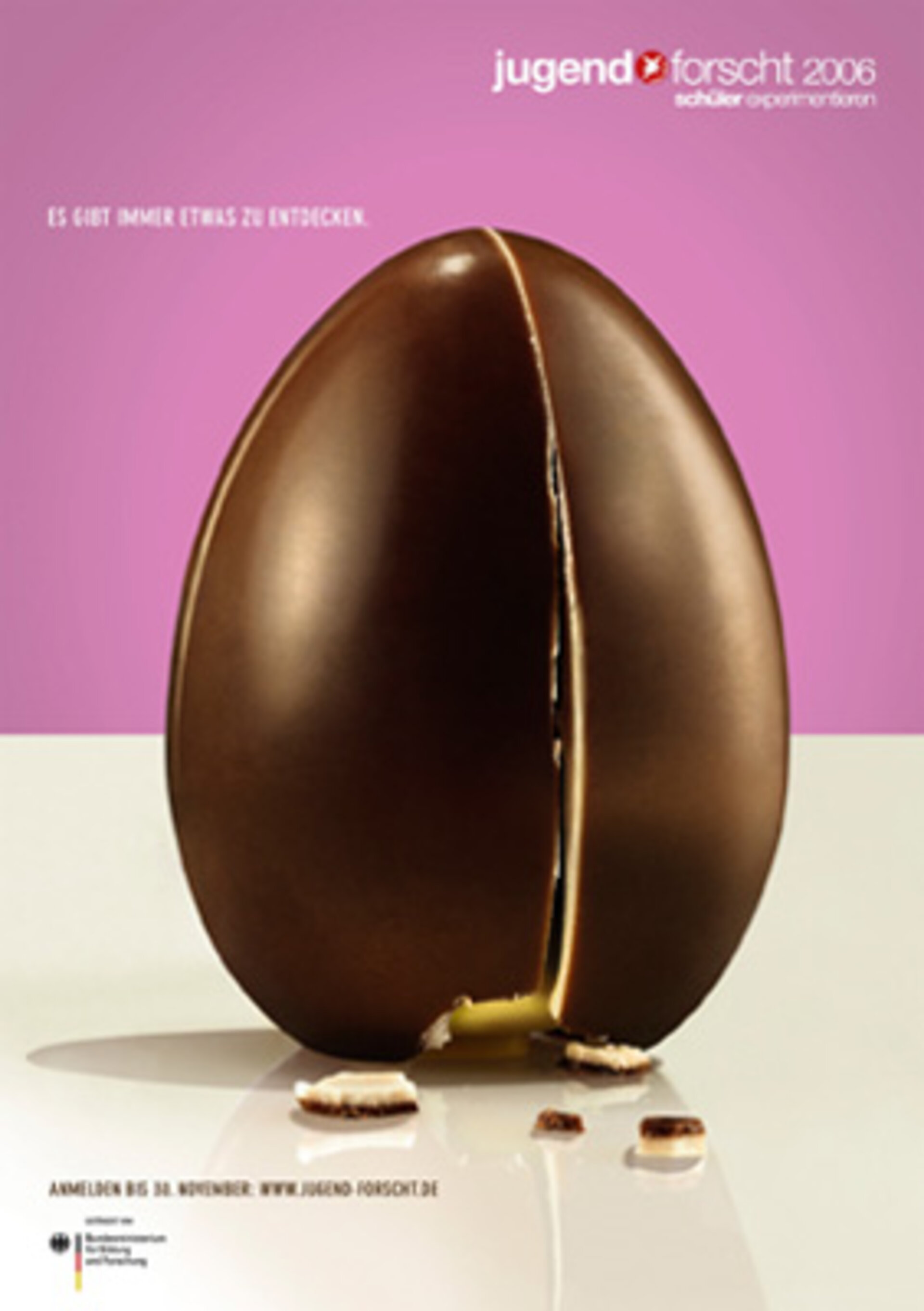Jugend Forscht 2006: ESOC hosts youth science competition
More than 100 participants are expected on 9 February at "Jugend Forscht 2006," the regional south-Hessen round of Germany's nationwide student science contest to be held at ESOC.
The 41st annual Jugend Forscht contest will be held under the motto "There is always something to discover." Since 1965, this widely popular event has sought out Germany's future scientists and researchers, who participate through science projects that they select themselves.
Submissions are often top-level, highly original research projects and student contestants who succeed at each level can win cash prizes, trips or special research study periods or be invited to participate in international 'research camps.' Rounds are held at the regional, state-wide and finally national levels and some contestants will advance to the European-wide "Contest for Science, Mathematics and Technology."
For many past young researchers, Jugend Forscht has marked the start of a successful science career. Winners in past years include Andreas Schleicher, deeply involved with the famous Pisa Study on education, Andreas von Bechtolsheim, the founder of Sun Microsystems, and basic research scientist Gisela Anton.
First hurdle: regional competition
But first, the initial hurdle — the regional competition — must be cleared. Fifty-three young people will take part in the south-Hessen regional round with 27 projects in total.
Projects can be submitted in seven areas: biology, chemistry, geo and regional sciences, mathematics/computer science, physics, technology and work. This year, ESOC is expecting projects more or less evenly distributed over these fields, with the exception of mathematics/computer science, which only has one contestant.
Fire fighting in space

The ESOC hosts will undoubtedly be particularly pleased with six of the projects focussing on space topics; these include "Fire fighting in space," "Computation of the flight path of bodies in the universe" and "Model investigations of the light curve of the variable star Algol."
Other projects will examine fascinating aspects of our physical universe and will show, for example, the Earth's magnetic tides, how plants grow under artificial gravitation or the workings of a Lorentz engine.
The best ones selected by the ESOC jury will advance to the next level.
D-Day: 9 February 2006
On 9 February, participants will present their projects to an expert jury, which will assess submissions against 33 criteria. Exhibits will be open to ESOC staff members and the public from 12:00 to 15:00. Participants will also be taken on a guided tour of the control centre.
The programme also includes a presentation from Dr Manfred Warhaut, Flight Operations Director for Venus Express, who will provide an up-close look at the spacecraft and the mission, one of ESA's most exciting deep-space voyages and presently en route to Venus.
ESA/ESOC staff contact:
Jean-Jacques Gujer
Tel.: 0 61 51 - 90 24 97
email: Jean-Jacques.Gujer@esa.int




